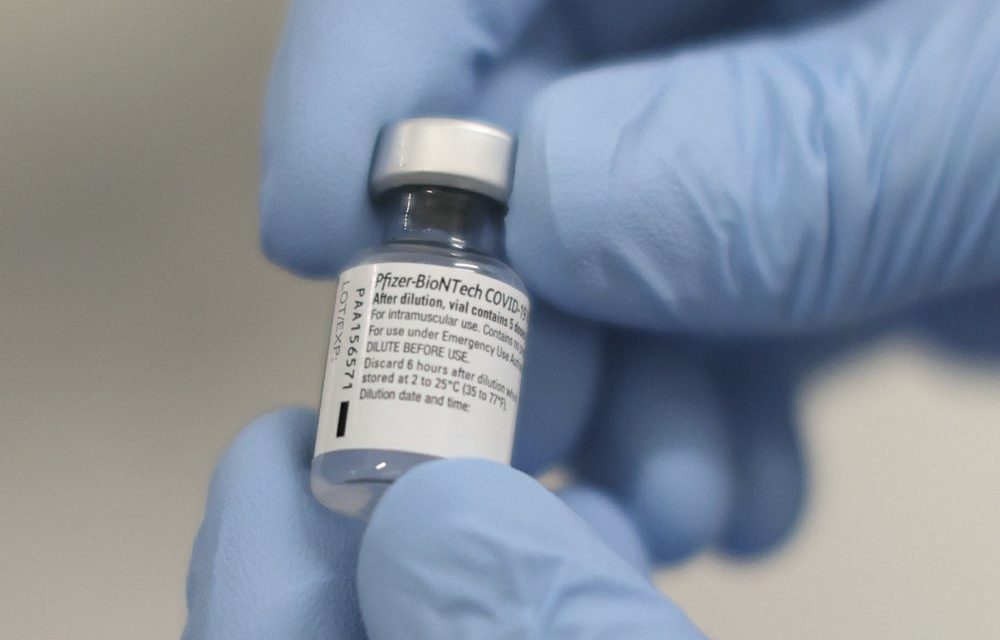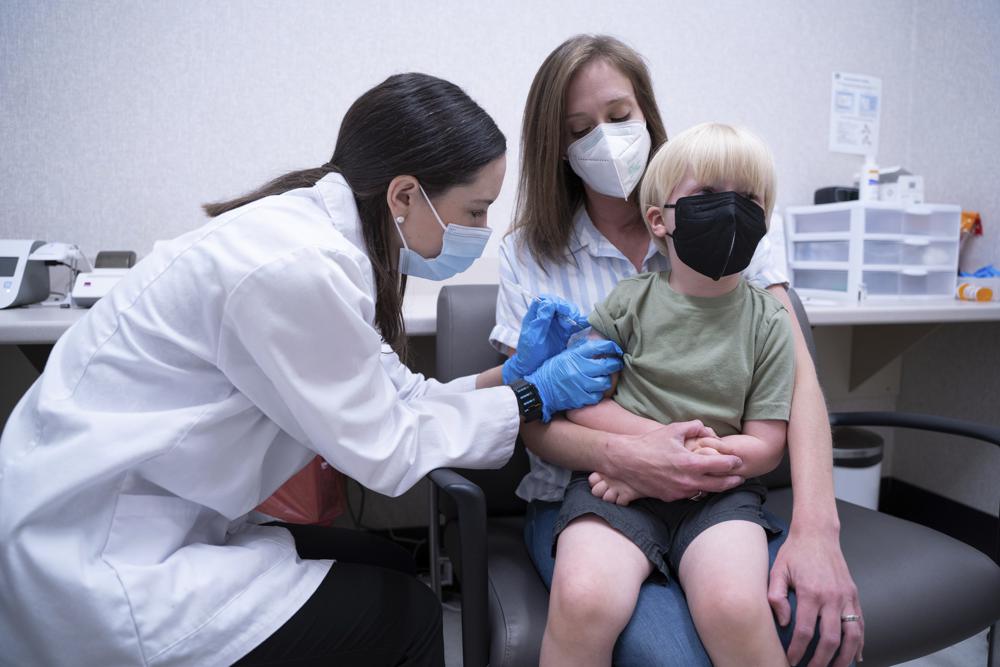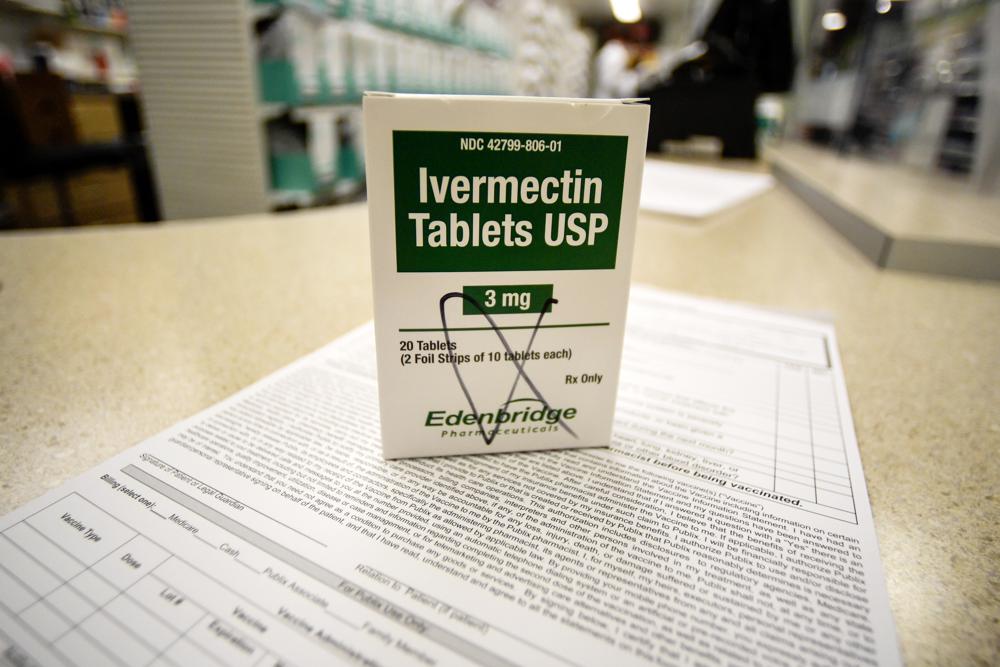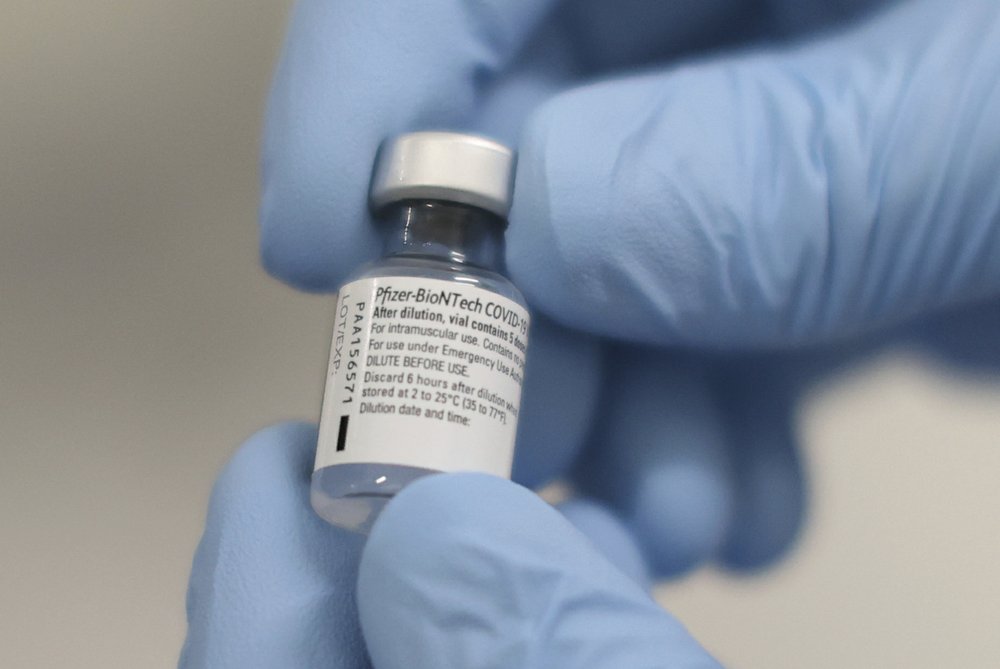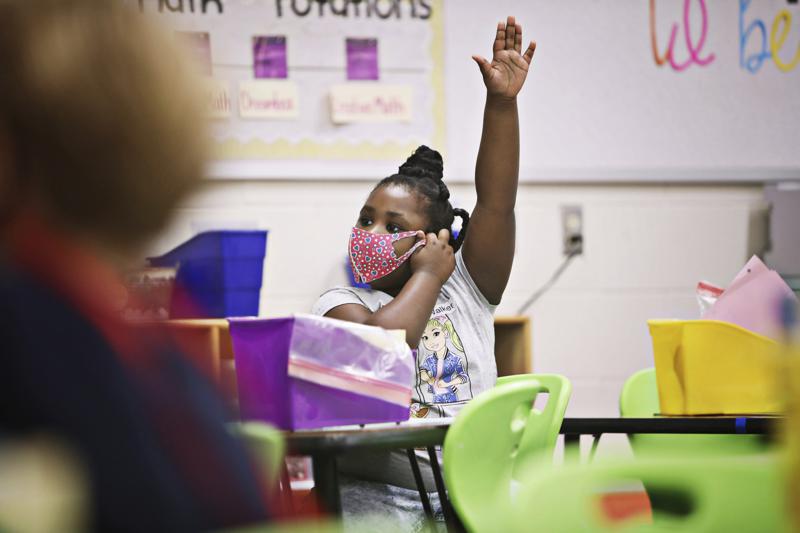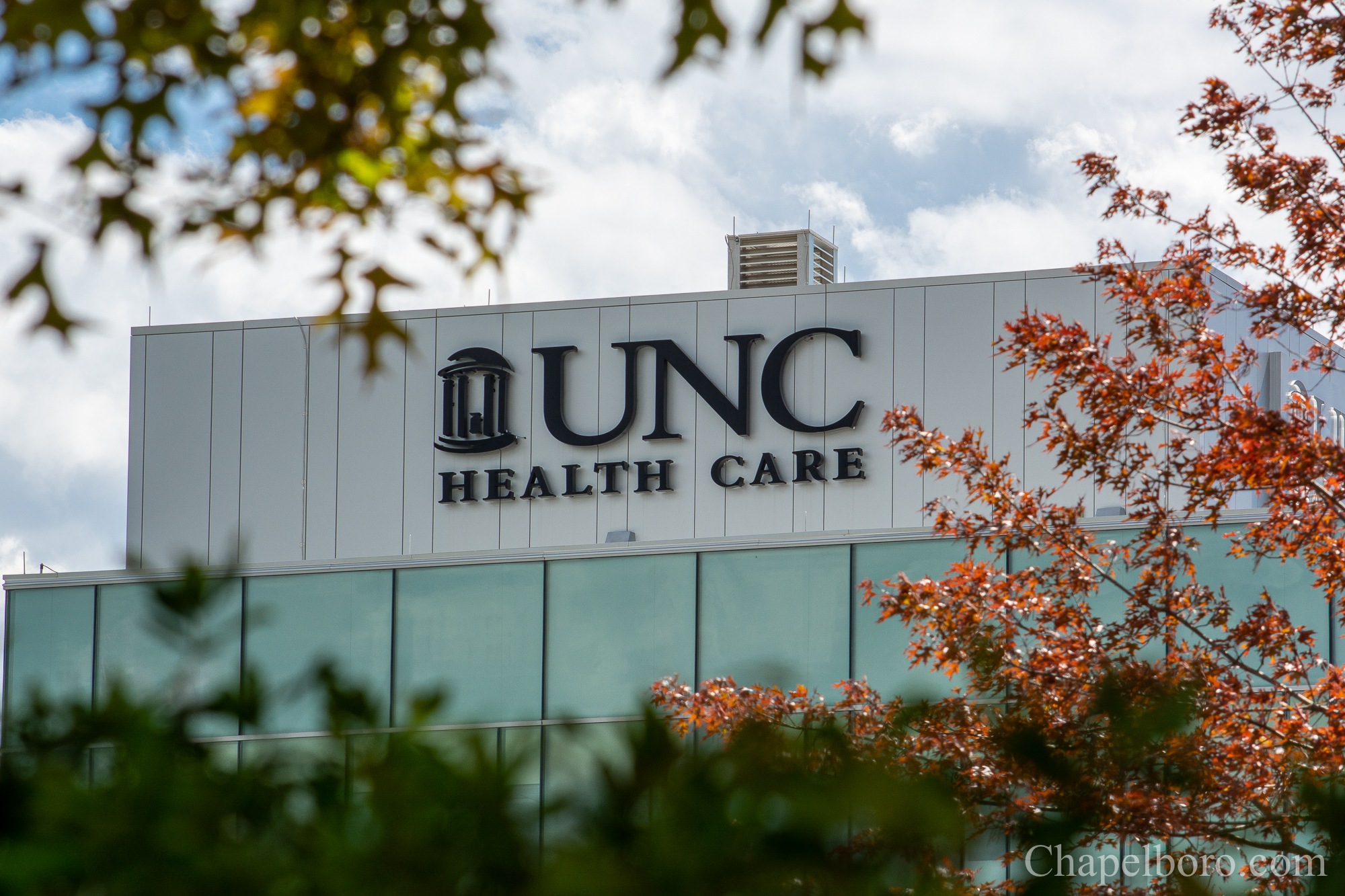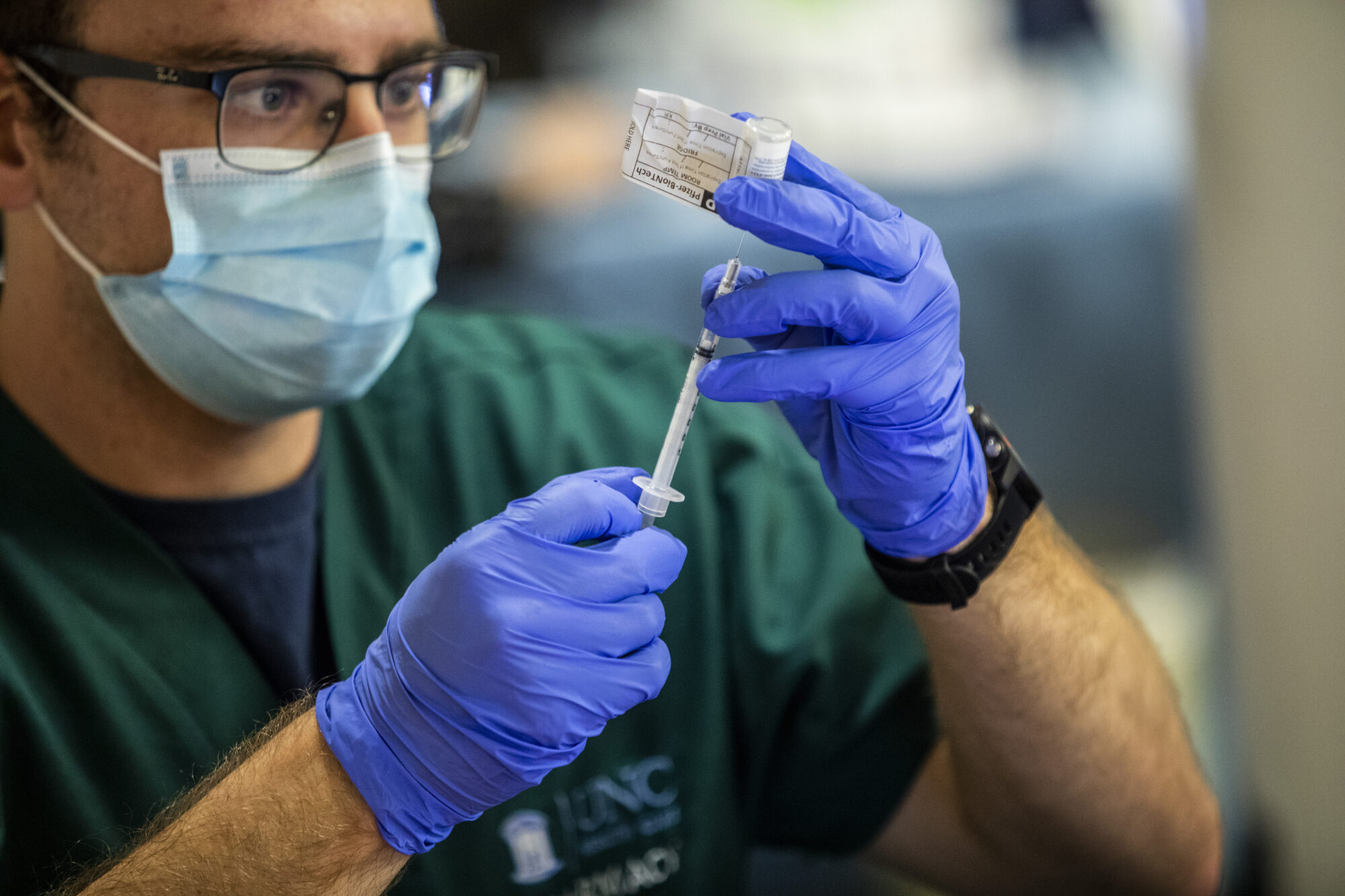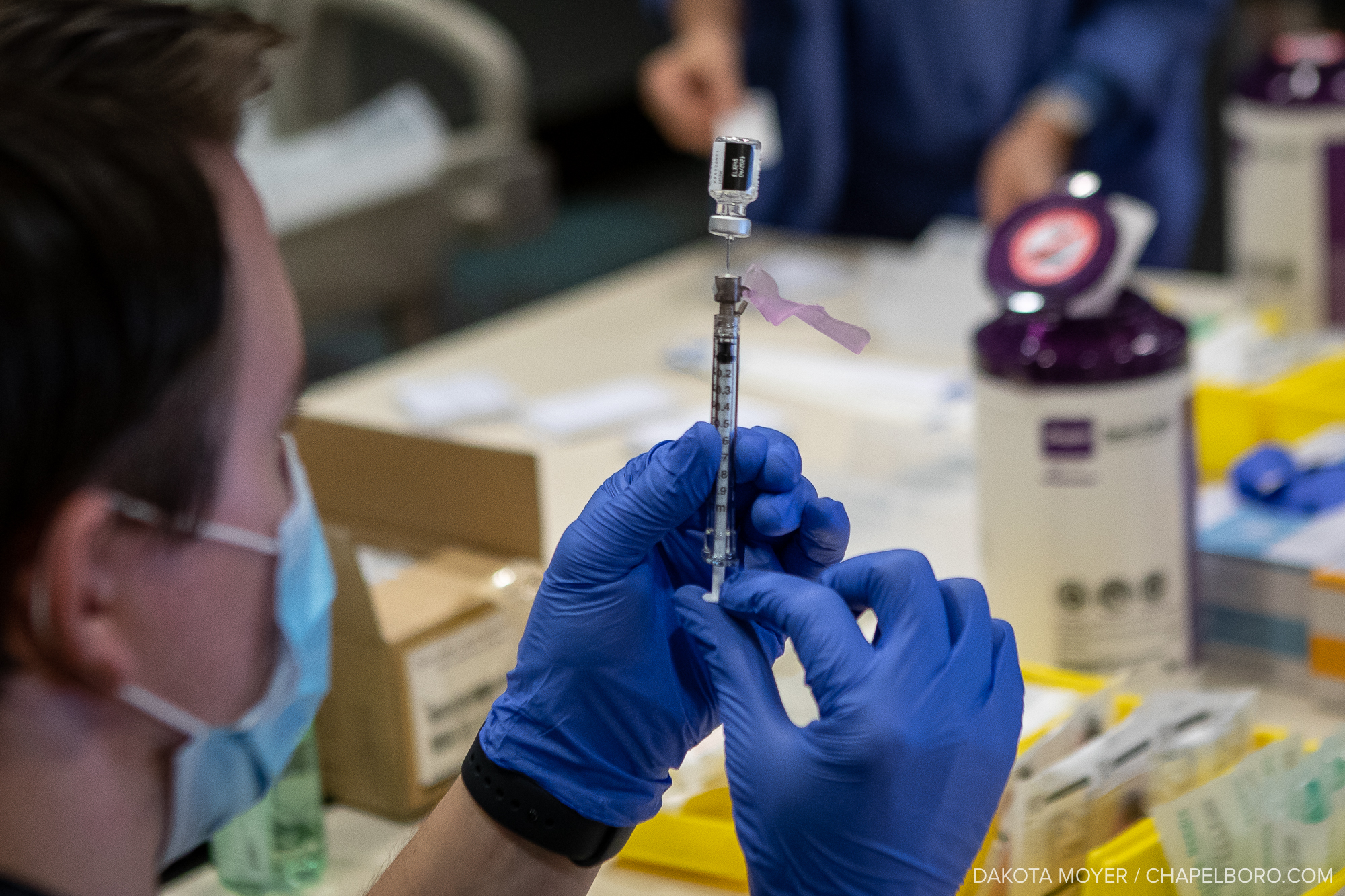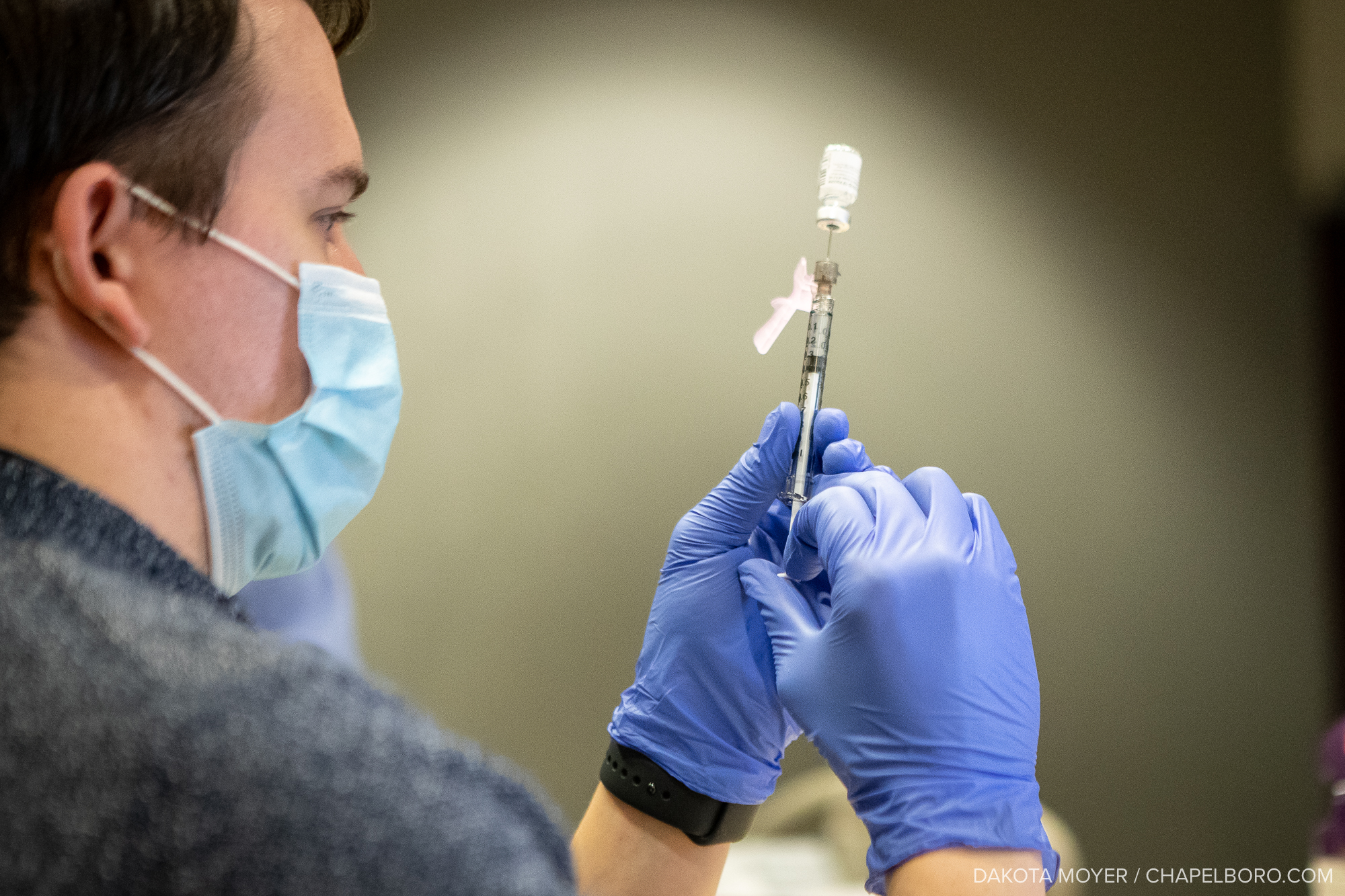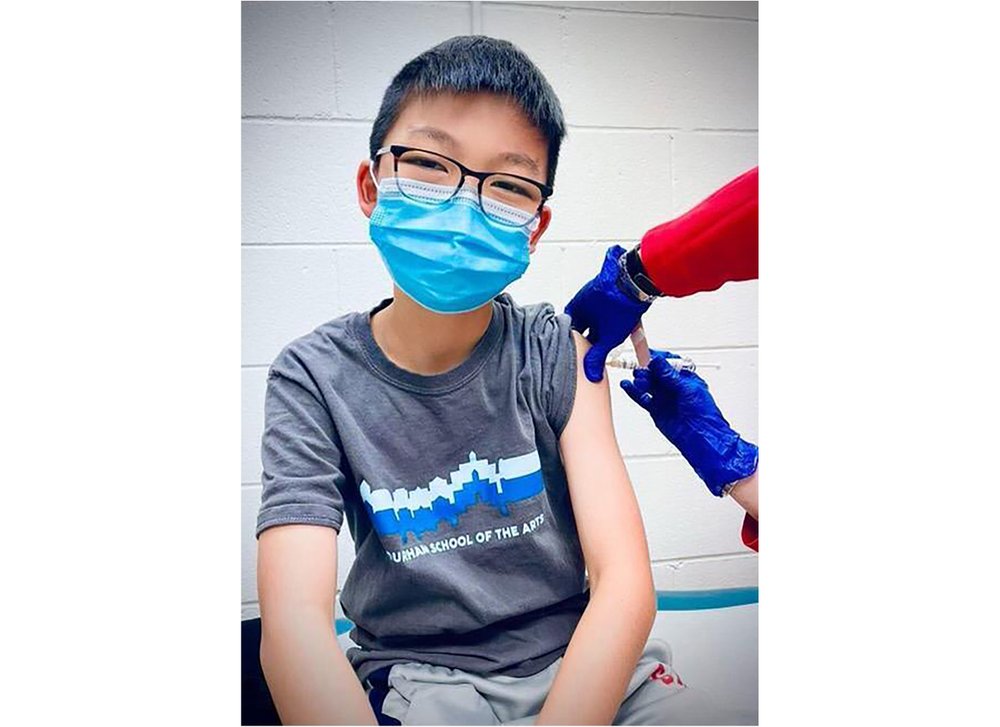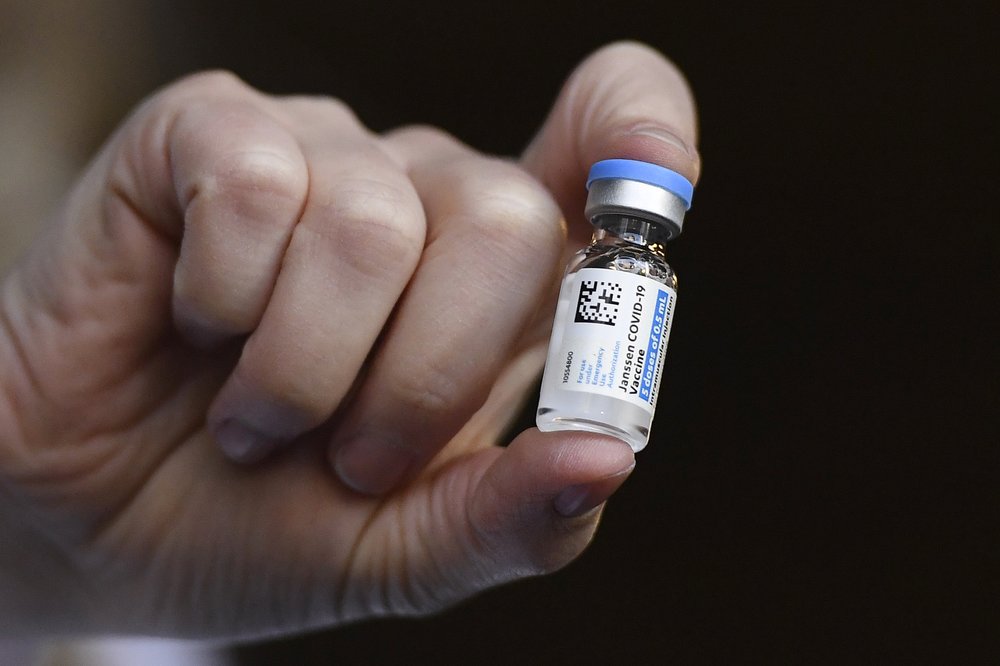In mid-August, the U.S. Food and Drug Administration approved a third round of the Pfizer or Moderna vaccine for immunocompromised peoples. Now, President Joe Biden wants all Americans to be eligible for a booster shot the week of September 20 – with healthcare workers and nursing home residents first in line.
But a final plan for the rollout of booster shots is still contingent upon the FDA and Centers for Disease Control’s approval.
Currently, the CDC is only recommending that moderately to severely immunocompromised people receive an additional dose. Those eligible, such as organ transplant recipients and people actively receiving cancer treatments, only make up three percent of the adult population.
The Biden administration said the goal is for people to start receiving a COVID-19 booster shot beginning in the fall, with individuals being eligible starting eight months after they received their second dose of an mRNA vaccine.
Dr. Cameron Wolfe, an infectious disease expert at Duke Health and an associate professor at Duke’s School of Medicine, said scientists are starting to see diminished protection for those who were vaccinated six to eight months ago – in this case, frontline healthcare workers and the elderly.
While this “waning” protection indicates a need for booster shots, there are, however, a few uncertainties.
Wolfe said he believes the question isn’t whether receiving a third dose of the vaccine is safe, it’s identifying the “sweet spot” for when an additional dose will be the most beneficial for the public. In other words, when immune responses are still the highest before they start to wane.
“The timing is important because sometimes waiting a little bit of extra time is appropriate to gain the strongest possible [immune] response,” Wolfe said.
Even with the knowledge that some antibody levels are waning months down the line, Wolfe said those at low-risk shouldn’t rush off to get a third COVID vaccine.
“We need to see much more data to see what the benefits of boosting is to the overarching general population who are lower risk,” Wolfe said. “A 35-year-old who has gone through and had two doses of Pfizer vaccine, for example, really has no risk of severe COVID and isn’t in a front-line health care working situation, that’s different. I think we need to see a little bit more data to fully understand why that person needs to be boosted.”
While both the White House and Wolfe said the U.S. has enough vaccine supply to provide boosters to everyone, Wolfe said that does not mean everyone needs another shot right now. His recommendation is the same as the CDC’s: that high-risk, high-priority groups be first in line for booster shots come September, assuming federal regulators agree to sign off.
The FDA has already given the green light for a third shot for people who are severely immunocompromised. This group, however, was considered less likely to have developed an immune response in the first place.
Current booster shots for the Pfizer or Moderna vaccine are the exact same as their first and second doses – despite the prevalence of the delta variant, which emerged in the U.S. after initial vaccine rollout.
Although there is currently no new booster shot that accommodates for the delta variant, Wolfe said eventually receiving a third shot of the same vaccine will still provide increased protection for those at risk.
“Is it important to give it right now, or is it better to wait for a variant booster that may help us more against current or future variants but might take longer to get?” Wolfe asked. “The risk is now. So pragmatically, the right answer is to move forward with the dose that’s available.”
For now, the upcoming boosters will be aimed at people who received the Pfizer and Moderna vaccines only. The first Johnson & Johnson vaccines weren’t administered until March, and the Biden administration said it expects more data on the effectiveness of that vaccine in a few weeks.
Lead photo via Liam McBurney/Associated Press.
Chapelboro.com does not charge subscription fees. You can support local journalism and our mission to serve the community. Contribute today – every single dollar matters.

